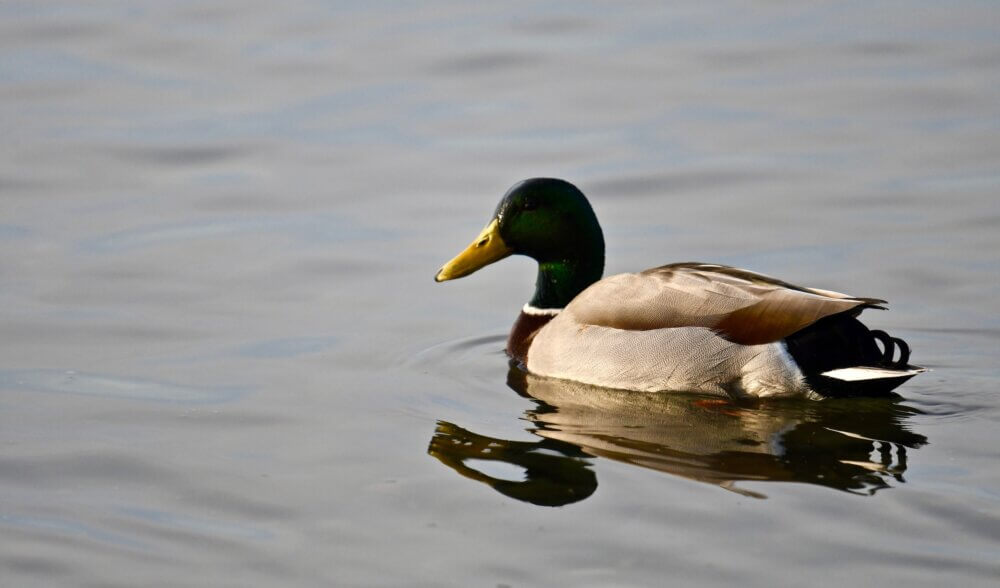Fun Places to Feed the Ducks Around Frodsham
What can be more fun than a trip to the local pond to feed the ducks? Treat your elderly neighbours, family and friends to some of the best places to find ducks.

An activity as old as time! People have been feeding ducks in rivers, lakes, and ponds for as long as anyone can remember. With Spring arriving and the ducks enjoying the warmer weather too, it’s a fantastic time of year to take your elderly loved ones out for the afternoon to feed the ducks. It is a relaxing and rewarding pastime. We have created this list of the best spots to find ducks so you can make sure to take your loved ones to the right spots for the best experience.
Phoenix Park
This is a ‘Green Flag’ awarded public space, free to use and with something for all ages. There are a wide variety of habitats in the park including a lake, canal, woodland, meadow and pasture and the park’s visitor centre regularly organises nature activities which you can join in with. Phoenix Park is part of the Mersey forest. There is a splendid pavilion and some superb walking routes along the Bridgewater Canal as well as a large lake with many benches around to take the weight off and watch the world go by. You will find the ducks on the lake and in the canal. Make a full day out of your trip to Phoenix Park and follow the footpaths to Norton Priory. This 12th Century Abbey and garden is Grade I listed with Historic England and is now considered to be the most important monastic remains in Cheshire, with its rich history documented in the museum.
Spike Island
Spike Island is an unspoilt artificial island in Upper Mersey between the Sankey Canal and the estuary of the River Mersey containing parkland, woodland, wetlands and footpaths. It is conveniently situated next to the Catalyst Science Discovery Centre. It was created in 1833 when the Sankey Canal was extended from Fiddler’s Ferry to the River Mersey at Widnes. The extension separated a section of Widnes previously called Woodend from the remainder of the town. There are many ducks and swans in the water which are very friendly and can be fed by purchasing some food from the Catalyst Science Discovery Centre shop.
Town Hall Park
Runcorn Town Hall Park is set within formal gardens, meadows, and woodland. There is a children’s playground, assault course, zip wire, and a large open grass area for a variety of family activities. Enjoy the peaceful surroundings of the Friendship Garden which was built to celebrate the town twinning between Halton and Tongling in China or enjoy a picnic on the grasslands. Keep an eye out for small mammals, insects, and birds all year round too.
The mansion house is a Grade II Listed building, a two-storey Italianate with belvedere tower rising to 4 storeys, with three bay façades. There is a lovely pond nearby which many people stop by see the ducks and swans. A real treat!
Runcorn Hill Park
Runcorn Hill Park is a local nature reserve on a sandstone outcrop above Runcorn. The Park is over 32 hectares in area and is of both semi-natural landscape and more formal ground. It is an invaluable resource for residents and visitors. The site has many woodland walks within the beautiful oak-birch woodland, stunning views of the Mersey Estuary, a dis-used quarry to discover and orienteering trails to follow. Needless to say, a wealth of wildlife thrives within this area. Ducks are in abundance and will happily take your food. Advice from the Wildlife trust reminds us that whilst white bread is the traditional choice, it is better to offer wholegrain bread where possible and to add variety to your offerings with oats, seeds, lettuce, and peas. While bread is not necessarily bad for ducks, it isn’t very good for them either. Filling up on bread makes them less inclined to forage for more nutritious food and could lead to malnutrition, which is why it is important to add variety. Also, if the bread is stale or mouldy, it make the ducks can quite ill.